Are Heated Blankets Safe? A Comprehensive Guide to Safe Use
Electric blankets are indeed blessings on those chilly winter nights. Where they help you feel cozy, beating the cold breezes, it also allows saving on your heating bills. This might seem like a two-in-one solution unless and until you get concerned about heated blanket safety.
Generally, modern electric blankets do not impose any harmful effects when obtained from a reliable manufacturer and used correctly. However, if any condition is left unmet, you risk your and your family's health and safety. Dive into this comprehensive guide to satisfy your concerns about the associated health risks.
Safety Features of Modern Heated Blankets
Modern heated blankets come with several safety features, including:

-
Automatic Shut-Off: To prevent overheating, many blankets automatically turn off after a set period.
-
Overheat Protection: Sensors detect if the blanket gets too hot, automatically switching it off to avoid burns or fires.
-
Temperature Control: Adjustable heat settings allow for safe, personalized warmth, preventing excessive heat exposure.
-
Insulated Wiring: Ensures that the electrical components are safely contained, minimizing the risk of short circuits or fires.
-
ETL/UL Certification: Indicates the blanket meets recognized safety standards.
Potential Risks of Electric Blanket
Electric blankets can be a cozy way to stay warm, but like any product, they come with potential health risks if not used properly. Here are some key concerns:
-
Overheating: Prolonged use of electric blankets, especially at high temperatures, can lead to overheating. This may cause discomfort, dehydration, and, in extreme cases, heat-related health issues.
-
Burns: If an electric blanket malfunctions or is damaged, it can pose a risk of burns like toasted skin syndrome. This risk is higher with older or worn-out blankets that may have exposed wires.
-
Fire Hazard: While modern electric blankets have safety features to prevent fires, there is still a risk, especially with older or damaged blankets. Always follow safety guidelines and avoid using blankets with visible signs of wear.
Heated Blanket Safety Tips - How to Use a Heated Blanket Properly?
Let's now have a look at important electric blanket safety tips:
-
Read the Manual: Always read the user manual before using your heated blanket to understand its features and limitations.
-
Check for Damage: Regularly inspect the blanket for any signs of wear or damage. If the cord is frayed or there are visible tears, do not use the blanket.
-
Use on a Flat Surface: Ensure your blanket remains flat. Any tucked end or bunched area will heat up too much, risking burns.
-
Set Appropriate Temperature: Always use the low or medium setting for warmth. High heat can be unnecessary and increase the risk of overheating.
-
Check for Overheating: Ensure the blanket has built-in overheating protection and is ETL Certified for safety standards. If your blanket feels too hot or starts to smell, turn it off immediately and unplug it.
-
Don’t Use with Mattress Pads: Avoid using a heated mattress pad with an electric blanket, as this can cause excessive heating.
-
Avoid Sleeping with the Blanket on High: Never sleep with the blanket on a high setting. If you need it for warmth during the night, set it to a low temperature, or use the automatic timer (if available) to turn off after a few hours.
-
Unplug When Not in Use: Always unplug the blanket when it’s not in use. This prevents potential fire hazards and conserves energy.
-
Avoid Moisture: Keep the blanket dry. Never use it near water sources, and don’t wash it unless the manufacturer specifies that it’s machine washable.
-
Use Proper Extension Cords: If you must use an extension cord, ensure it’s rated for high-wattage appliances to prevent overheating.
-
Proper Storage: When storing your blanket, fold it gently to avoid sharp bends or damage to the wiring.
🧑🏻🔧 What Experts Say
Derek E. Bell, MD
Assistant Professor of Surgery and Burn Director at the Kessler Burn Center at the University of Rochester
"Turn the blanket on about half an hour before you’re planning to retire for the night and switch it off before you climb into bed. That way, your bed will be warm and hopefully you’ll fall asleep by the time the blanket turns cold again."
Paul Christofi
Chief Business Development Officer at FC Fire Prevention
"Overall, modern heated blankets can be quite safe, thanks to features such as automatic shut-off and temperature settings. Look it over for frayed spots or exposed wires before plugging it in."
Daniel Mock
Vice President of Operations at Mister Sparky Electric Company
"Most electric blankets are designed to be rolled or hung up when not in use, since folding or bunching them can damage the heating wires. We recommend using electric blankets to pre-heat the bed, then stowing them before you actually climb in."
Is it safe to sleep with a heated blanket?
Hear us shouting NO! The right way of using electric blankets is to warm your bed and turn them OFF when sleeping.
Some electric blankets come with timers that automatically turn the heating system OFF after the set time; you can sleep with them. However, manual ones should be turned Off before going into bed or falling asleep. Hope by now, you have found the answer to "Can you sleep with a heated blanket on all night?”
Some people may doubt heating blankets cause burns and even ignite the fire. But that's a myth that needs to be debunked. If you have sourced your blanket from a premium brand, like HOMLYNS, there's no need to worry about it.
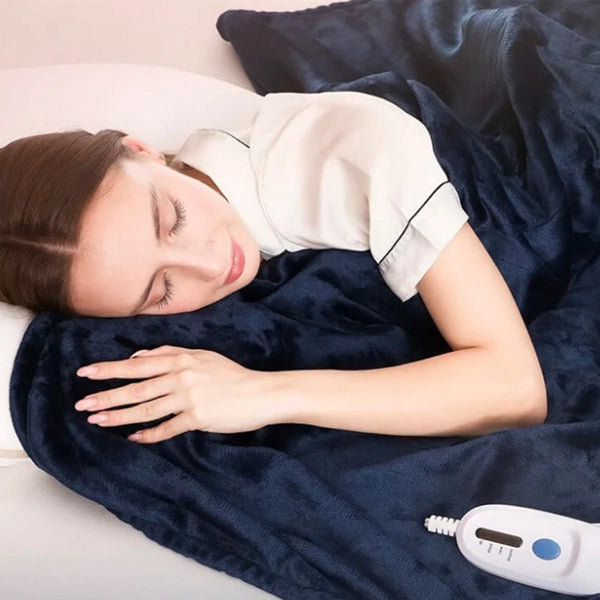
Further Reading: Is It Safe to Sleep With a Heated Blanket?
Who Should Be Careful When Using Electric Blankets
Electric heating blankets have gained popularity for providing comfort on chilly nights, but their use requires careful consideration, especially for infants, pregnant individuals, the elderly, and those with health conditions like diabetes, circulation issues, etc. By understanding individual needs, electric blankets can offer warmth while prioritizing safety and well-being.
Babies & Young Kids
Electric blankets are generally not recommended for babies and young children due to safety concerns, as they can overheat and pose a risk of burns or discomfort. Additionally, young children may struggle to regulate their body temperature. Bed wetters may also damage the blanket, as moisture can affect the electrical components and insulation, potentially leading to malfunctions or electrical hazards.
For children under five, it’s safer to use traditional blankets or other heat sources explicitly designed for them. However, heated blankets can be safer for children over the age of five, provided they are sensible enough to use them properly. When purchasing one, consider the possibility of bedwetting. While the heating cables inside these blankets are insulated, it’s always wise for parents to remain cautious and maintain supervision to ensure safe use.

💡 For more information on safety precautions, including how to deal with pee on an electric blanket, check out our article What Happens If Electric Blanket Gets Wet?
Pregnant Individuals
Several studies have suggested that heated blankets set below 100°F are generally considered safe during pregnancy, with minimal risks. However, things can become complicated if your blanket gets pretty hot, raising your core body temperature to 101°F. Experts have suggested strictly avoiding using them during the first trimester.
If you still wish to use one, choose a blanket with low EMF emissions and temperature controls, and prefer pre-warming instead of sleeping with these blankets on. Similarly, hot tubs and saunas are not advised during pregnancy for the same reason.
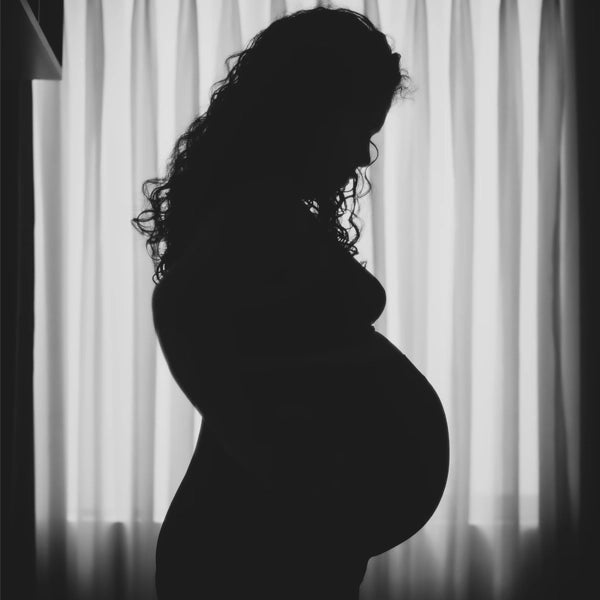
💡 For more details, check out our article Can I Use a Heated Blanket When Pregnant?
Elderly or Disabled Individuals
Older adults need warmth on cold winter nights, but the question often arises: Are electric blankets safe for the elderly? The answer is yes, they can be safe—unless the person has health conditions like paralysis from a stroke, diabetes, Parkinson’s disease, or dementia. For those without such concerns, using a heating blanket can be a great way to stay warm. Just make sure to use it cautiously to avoid potential risks such as electric shocks, fire hazards, or burns.

Diabetics
Diabetes patients are often advised to avoid using electric blankets due to the risk of burns caused by neuropathy. Neuropathy, a common complication of diabetes, can reduce sensitivity to heat, making patients unaware of excessive temperatures. This can lead to burns or skin damage.
If you have diabetes and wish to enjoy the comfort of an electric blanket, it’s essential to use it on low heat settings and regularly check your skin to prevent injury. Always prioritize safety and consult with your healthcare provider before use.

💡 For more details, including safe usage tips, check out the article Are Heating Blankets Bad for Diabetics?
Individuals with Circulatory Issues
Electric Heated blankets, while providing comforting warmth, may pose substantial risks for individuals with nerve damage or poor blood circulation issues. These conditions reduce sensitivity to temperature changes, making it hard to notice if the blanket gets too hot, raising the risk of burns.
For those with compromised circulation, excess heat can't be efficiently dissipated, further increasing the danger. To ensure safety, individuals with circulation issues should consult a healthcare professional before use and opt for blankets with adjustable heat settings and auto shut-off features.

People with Sensitive Skin or Skin Conditions
For those with skin allergies, eczema, or sensitive skin, heat may cause irritation. It’s best to use a lower setting and ensure the blanket is in good condition, with no exposed wires or damage. Always prioritize comfort and safety when using heated blankets.

Pet Owners
Most people tend to keep their pets warm and cozy by snugging them in their own heated blankets, but, are heated blankets safe for dogs and cats?
The answer is Yes, but you need to keep an eye on them while they are in a blanket. Cats and dogs may inadvertently chew on cords, leading to electric shock hazards, or they could become tangled in the cords, risking burns from excessive heat. To ensure the safety of our beloved companions, it's better not to use an electric blanket to warm the beds of your pets without proper supervision.

💡 For more safety tips and alternative solutions, read our article Are Heated Blankets Bad for Pets?
Who Can Benefit a Lot from Electric Blankets
Electric blankets can be beneficial for a wide range of people, especially those who struggle with staying warm during colder months. Here are some individuals who might find them especially useful:
Arthritis
Arthritis is often accompanied by morning stiffness which can be relieved by heat therapy of electric heat blankets. They alleviate muscle tension, improve blood circulation, and improve the flexibility of movement. Moreover, they give your joint a boost for effectively accomplishing routine tasks.

Chronic Pain
Heat has been known for being a natural pain reliever for so long. People have been relying on heat therapy to cure several health issues, with pain relieves at the top. The same concept applies to electric heat blankets. These are proven effective in reducing aches and pain in muscles and joints. They also contribute to a peaceful sleep, refreshing you for the day ahead.

Cold Sleepers
For those who feel cold at night or struggle to stay warm during winter, electric blankets offer a cozy solution. The adjustable heat settings allow you to customize the warmth, providing consistent comfort throughout the night, ensuring a restful and uninterrupted sleep in colder conditions.

Insomnia or Sleep Disorders
The soothing warmth of an electric blanket helps relax the body and mind, creating a calming effect. This can significantly improve sleep quality for those suffering from insomnia or other sleep disorders by aiding in both falling asleep faster and maintaining a deep, uninterrupted sleep throughout the night.

Anxiety or Stress
The comforting heat from an electric blanket has a therapeutic effect on anxiety and stress. The gentle warmth helps to calm the nervous system, reduce tension, and create a sense of well-being, making it an excellent choice for relaxation after a stressful day or for promoting emotional calmness.

When You Need to Replace Electric Blankets?
According to general guidelines, electric blankets should be replaced every 10 years of use. However, certain situations may require an earlier replacement. If you encounter any of the following issues, it’s time to replace your blanket:
-
Visible Damage to the Blanket or Cord
-
Persistent Overheating
-
Unusual Odors
-
Faulty Controls or Timer
-
Loss of Heat
-
Age of the Blanket
-
You’ve Experienced a Safety Issue
-
After Multiple Repairs
Regularly inspecting your blanket for wear and tear is key. If you notice any signs of damage or malfunction, don’t wait—replace your electric blanket promptly to ensure safety and comfort.
Conclusion
In conclusion, electric blankets can be a comfortable and energy-saving solution for staying warm during chilly nights. However, ensuring their safe use is crucial to avoid potential health risks. Following proper safety guidelines, such as unplugging the blanket before sleeping and using it cautiously, can help mitigate these risks.
Certain individuals, such as infants, pregnant individuals, the elderly, and those with specific health conditions, need to exercise caution when using electric blankets. Understanding the potential risks and benefits for different groups can help make informed decisions about their usage.
💬 FAQs
Q1: Are electric blankets safer than space heaters?
A: Electric blankets are generally considered safer than space heaters, but both have their own safety concerns that need attention.
Electric Blankets:
- Pros: They typically have built-in safety features, such as automatic shut-off timers and overheat protection. Modern electric blankets are designed with insulated wiring and are generally safe if used according to the manufacturer’s instructions.
- Cons: If they are damaged or misused (e.g., folding or overheating), there could be a risk of fire or electric shock. It’s important to regularly inspect the blanket for signs of wear, and the controller should always be detached before washing.
Space Heaters:
- Pros: Many space heaters come with safety features like tip-over switches and overheat protection.
- Cons: They pose more risk due to the potential for overheating rooms, fire hazards, or burns. They also require careful placement to avoid obstruction, as they can get hot enough to ignite nearby objects.
Q2: Is it safe to wash an electric blanket?
A: Most electric blankets can be either hand washed or machine washed, depending on the manufacturer’s guidelines. If machine washing, use a gentle cycle with cold water. For hand washing, use mild detergent and lukewarm water. Always detach the controller and power cord before washing. Check the care tag for confirmation or consult the manufacturer's Customer Support.
Q3: Do Heating Blankets Cause Cancer?
A: One common electric blanket myth is linking them with the cause of cancer. However, according to The National Cancer Institute, most electric blankets emit extremely low-frequency electromagnetic fields (ELF-EMFs), but no mechanism has been identified by which ELF-EMFs or radiofrequency radiation could cause cancer. While concerns about EMF exposure are common, current research does not provide conclusive evidence linking the use of electric blankets with cancer.
However, if you have concerns about EMF exposure, it’s always a good idea to follow manufacturer guidelines and use electric blankets according to safety instructions.
Q4: Can you use an electric blanket with a pacemaker?
A: Yes, it is generally safe for individuals with pacemakers to use electric blankets. Two of the largest device manufacturers, Boston Scientific and Medtronic, list electric blankets and heating pads as “safe under normal use” or “no known risk”. However, if you’re unsure, it’s always a good idea to check the manufacturer’s guidance or consult with your pacing clinic. Most cardiac device manufacturers provide online resources about which items may pose a risk to your device, so it’s important to follow their recommendations for safety.
Edit History
Sep 7, 2023
Published
Feb 19, 2025
- Improved formatting for easier navigation and readability.
- Detailed health considerations for pregnant, elderly, diabetic, and child users.
- Expert insights from medical professionals and safety officers.
- Expanded safety features like insulated wiring and ETL/UL certification.




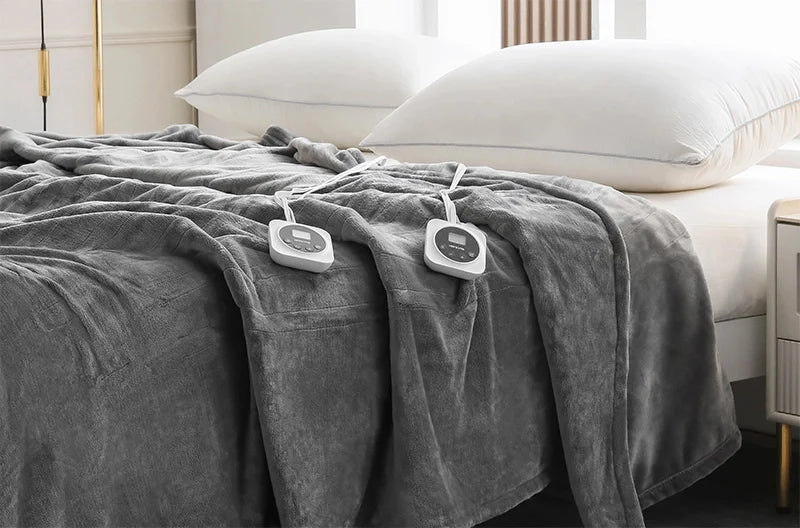
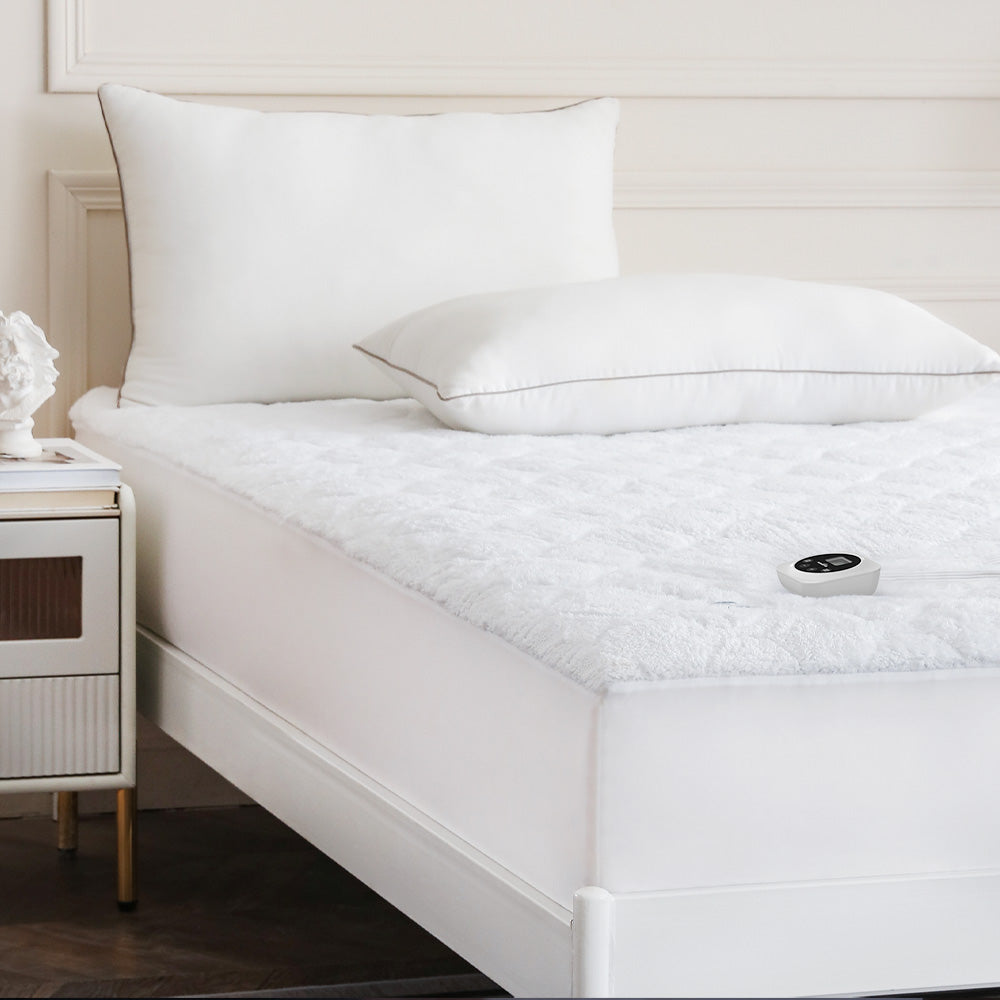
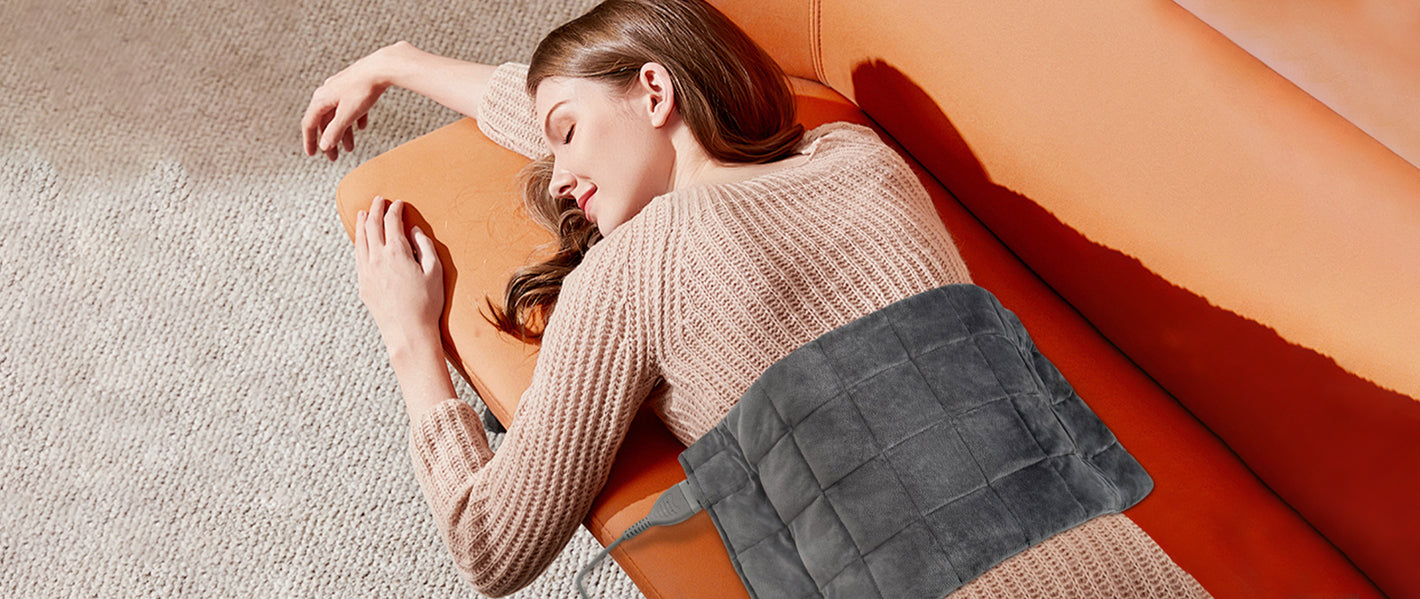
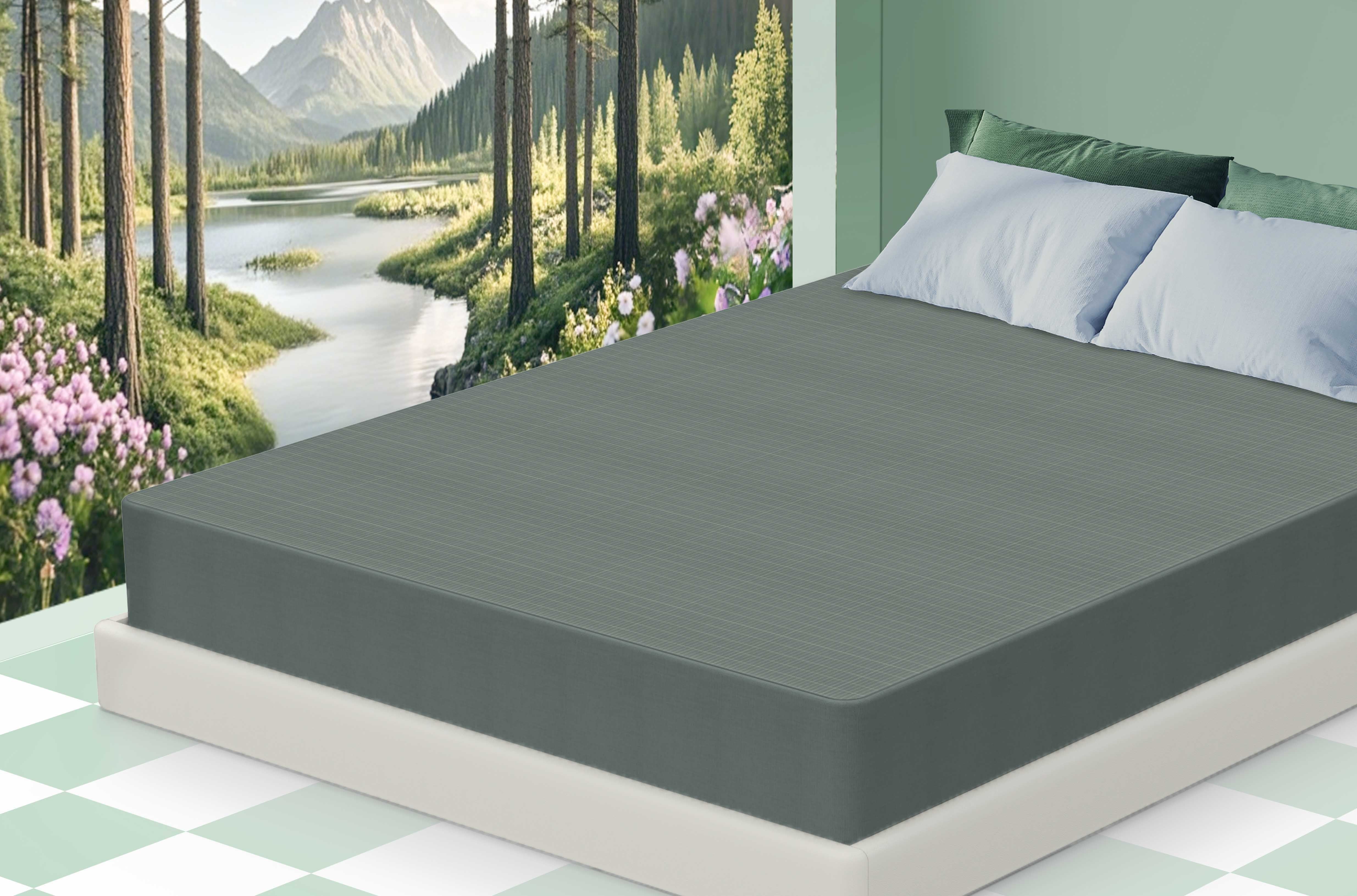
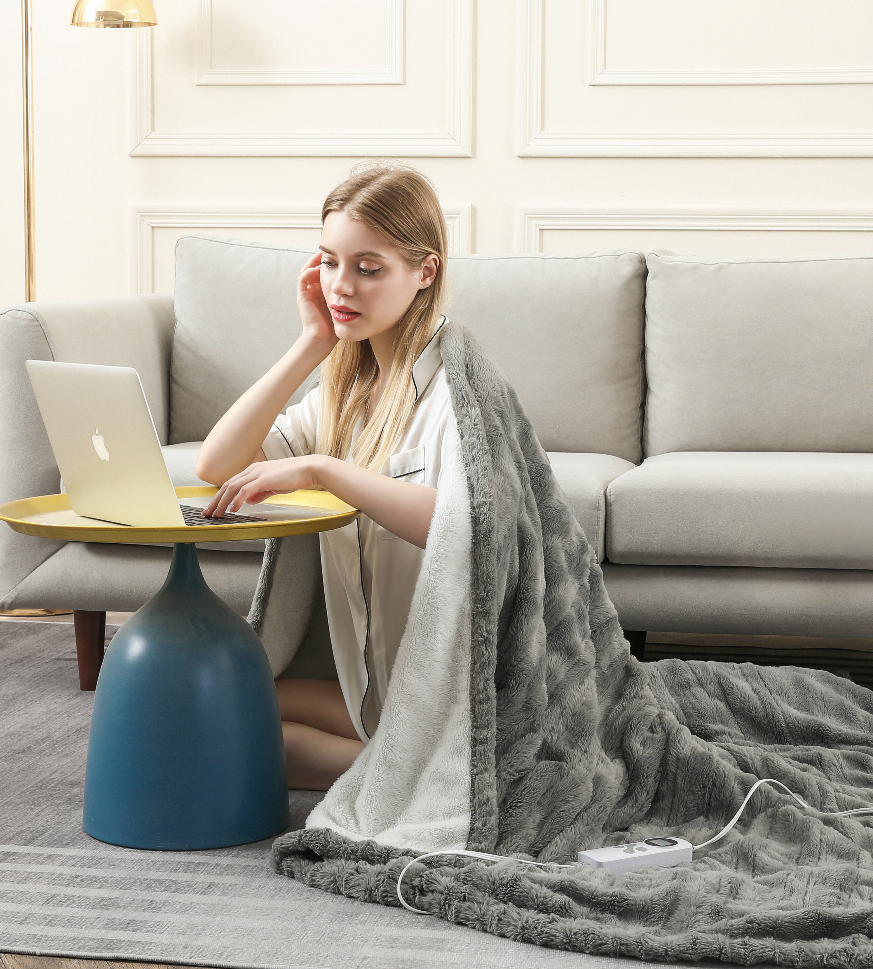
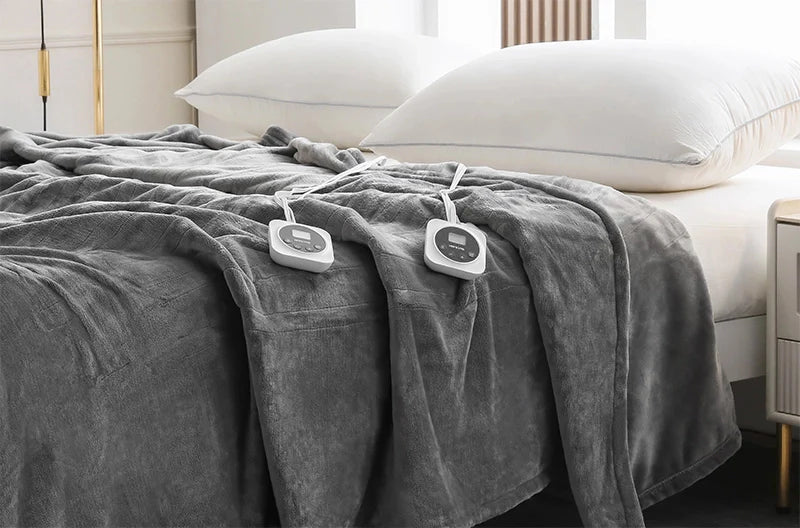
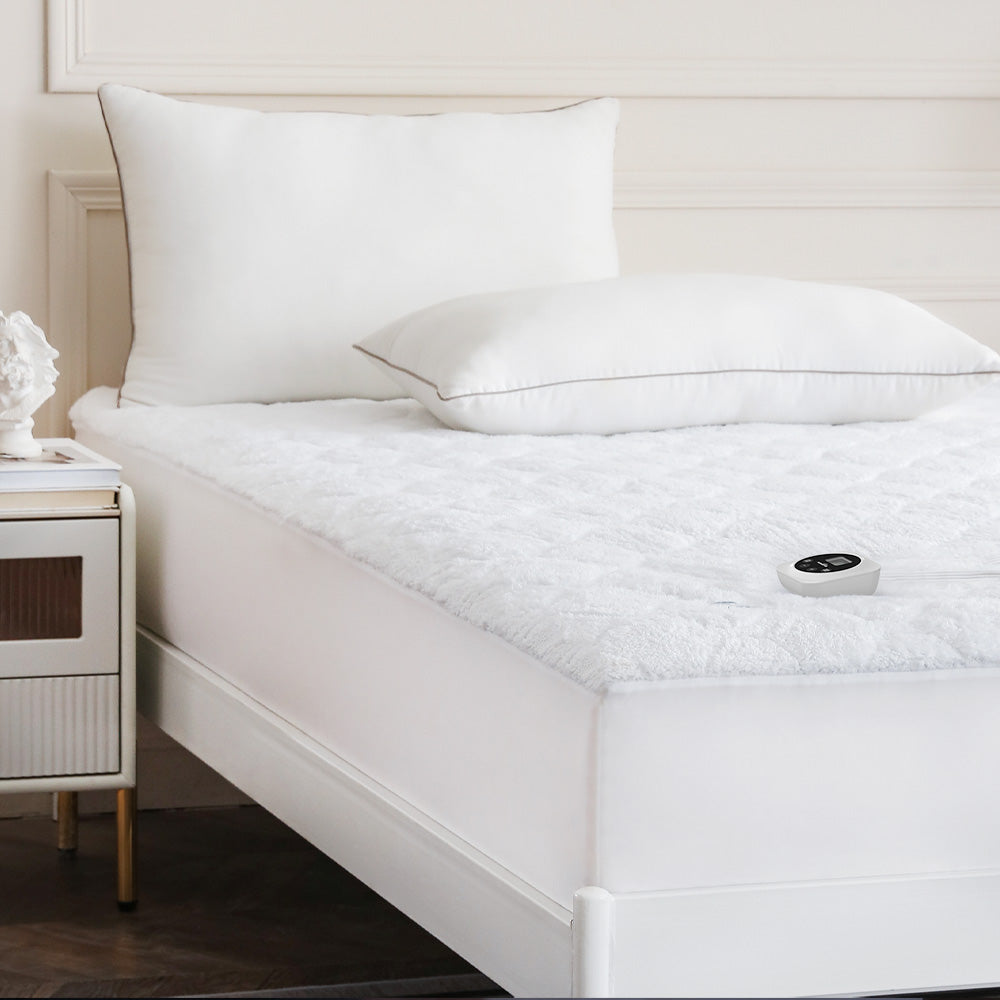
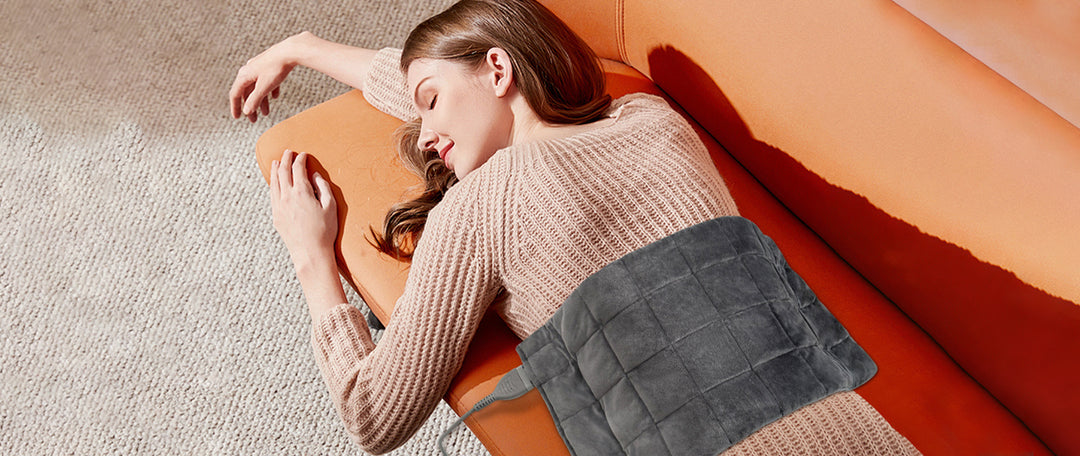
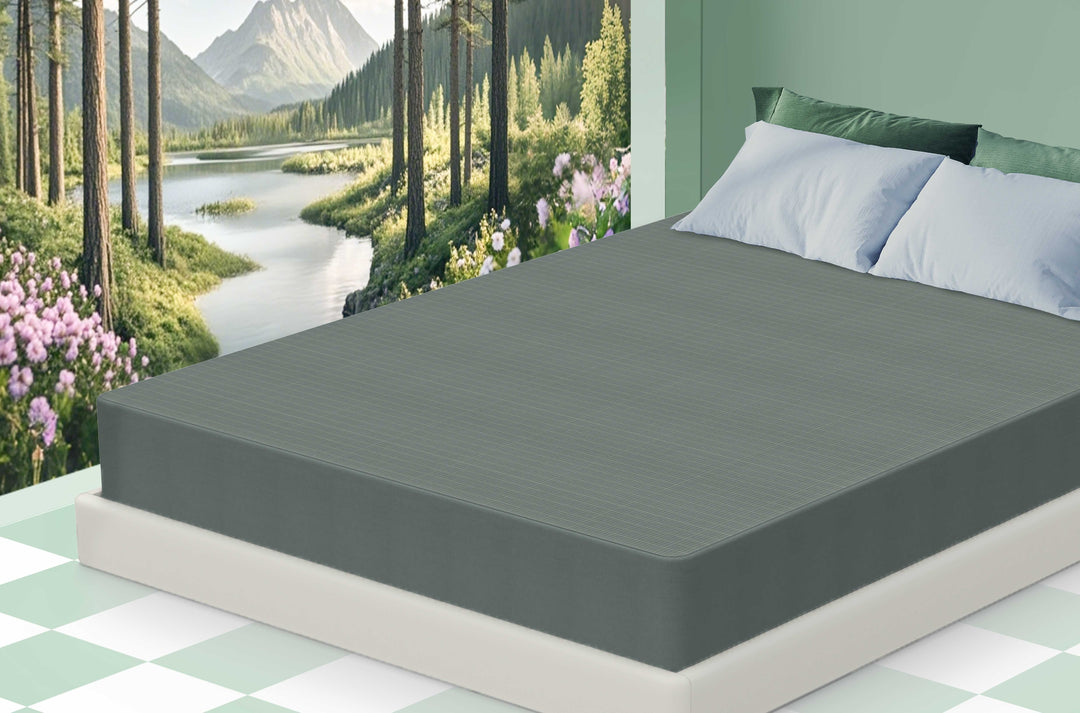



Leave a comment